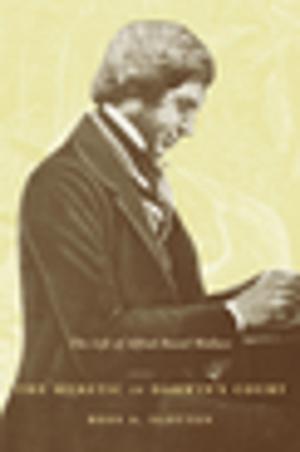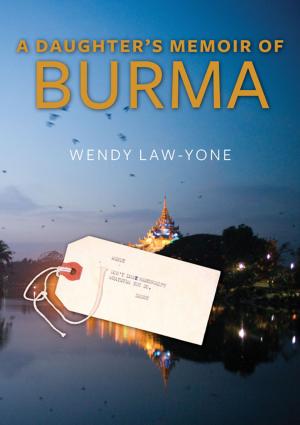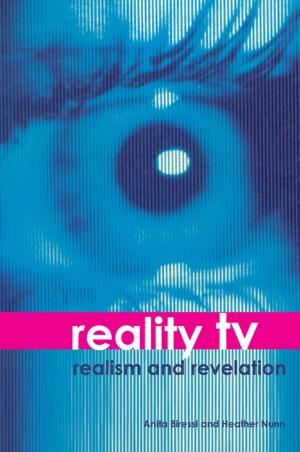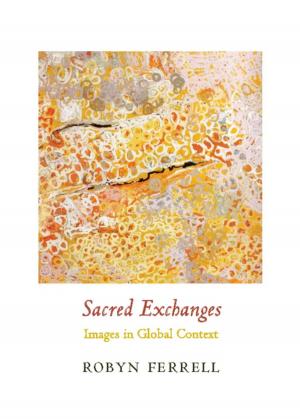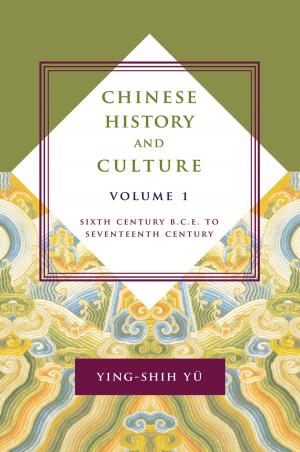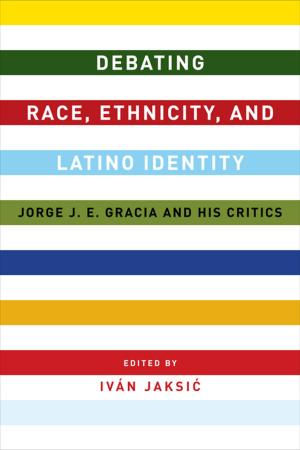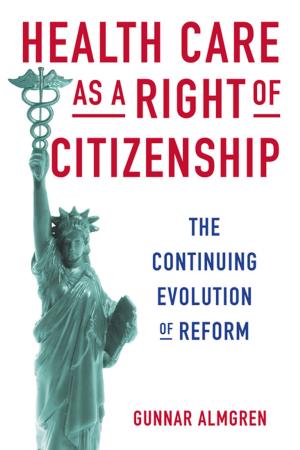Lust, Commerce, and Corruption
An Account of What I Have Seen and Heard, by an Edo Samurai, Abridged Edition
Nonfiction, History, Asian, Japan, Military| Author: | ISBN: | 9780231544351 | |
| Publisher: | Columbia University Press | Publication: | March 28, 2017 |
| Imprint: | Columbia University Press | Language: | English |
| Author: | |
| ISBN: | 9780231544351 |
| Publisher: | Columbia University Press |
| Publication: | March 28, 2017 |
| Imprint: | Columbia University Press |
| Language: | English |
By 1816, Japan had recovered from the famines of the 1780s and moved beyond the political reforms of the 1790s. Despite persistent economic and social stresses, the country seemed headed for a new period of growth. The idea that the shogunate would not last forever was far from anyone's mind.
Yet, in that year, an anonymous samurai produced a scathing critique of Edo society. Writing as Buyo Inshi, "a retired gentleman of Edo," he expressed in An Account of What I Have Seen and Heard a profound despair with the state of the realm. Seeing decay wherever he turned, Buyo feared the world would soon descend into war.
In his anecdotes, Buyo shows a sometimes surprising familiarity with the shadier aspects of Edo life. He speaks of the corruption of samurai officials; the suffering of the poor in villages and cities; the operation of brothels; the dealings of blind moneylenders; the selling and buying of temple abbotships; and the dubious strategies seen in law courts. Perhaps it was the frankness of his account that made him prefer to stay anonymous.
A team of Edo specialists undertook the original translation of Buyo's work. This abridged edition streamlines this translation for classroom use, preserving the scope and emphasis of Buyo's argument while eliminating repetitions and diversions. It also retains the introductory essay that situates the work within Edo society and history.
By 1816, Japan had recovered from the famines of the 1780s and moved beyond the political reforms of the 1790s. Despite persistent economic and social stresses, the country seemed headed for a new period of growth. The idea that the shogunate would not last forever was far from anyone's mind.
Yet, in that year, an anonymous samurai produced a scathing critique of Edo society. Writing as Buyo Inshi, "a retired gentleman of Edo," he expressed in An Account of What I Have Seen and Heard a profound despair with the state of the realm. Seeing decay wherever he turned, Buyo feared the world would soon descend into war.
In his anecdotes, Buyo shows a sometimes surprising familiarity with the shadier aspects of Edo life. He speaks of the corruption of samurai officials; the suffering of the poor in villages and cities; the operation of brothels; the dealings of blind moneylenders; the selling and buying of temple abbotships; and the dubious strategies seen in law courts. Perhaps it was the frankness of his account that made him prefer to stay anonymous.
A team of Edo specialists undertook the original translation of Buyo's work. This abridged edition streamlines this translation for classroom use, preserving the scope and emphasis of Buyo's argument while eliminating repetitions and diversions. It also retains the introductory essay that situates the work within Edo society and history.



